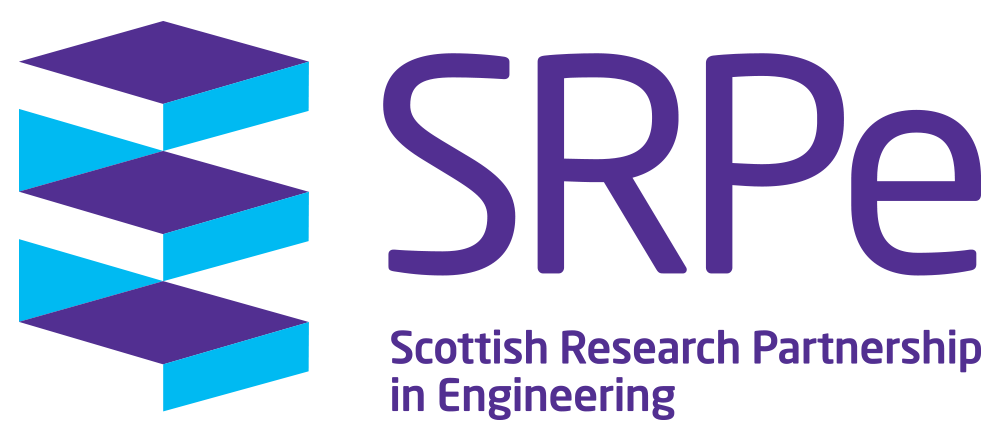The Role of Morphological Uncertainty in Predicting the Impact of Sea-Level Rise on Tidal Energy and Coastal Flooding
PECRE Award Holder: Dr Ruo-Qian Wang, University of Dundee
Exchange Hosts: Delft University of Technology, Deltares, Netherlands
During this exchange I intend to study the role of morphological uncertainties in coastal hydrodynamic models for predicting the impact of sea-level rise. Sea-level rise poses a high risk on the safety and reliability of coastal infrastructure and tidal energy facilities due to the potential coastal erosion and the uncertainty of tidal circulation pattern. Estimating the impact of sea-level rise is difficult because the complicated process involves numerous factors, including 1) the chronic shifting of tidal forcing, wave dynamics, sediment transport, and sea levels, 2) the instantaneous events of storms, tsunamis, and earthquakes, and 3) the artificial alternation of the coastal landscapes. My recent study, Wang et al. (2018), has focused on the human factor in the coastline infrastructure planning. We relied on a rough assumption that the coastal morphology remains after sea-level rise. This weakness in my research compromises the strength of my study and should be addressed as soon as possible. This proposed trip is aimed at addressing this issue by learning and incorporating the state-of-the-art morphological models into my model from an experienced research team. Furthermore, this study will provide a more complete study on the impact of sea-level rise on the coastal resilience and tidal energy industry.
I plan to learn the morphology modelling tools available in Delft3D and get familiar with the frontier of this field. I will incorporate the basic morphology model into my numerical model and compare the simulation with field data to validate the method. Then, I plan to employ the stochastic simulation method to perform a Monte Carlo Simulation to estimate the morphological uncertainty in the scenarios of sea-level rises. I will also collaborate with the host institute to communicate our discoveries with the local decision makers and relevant companies to receive feedback to adjust my research direction.
